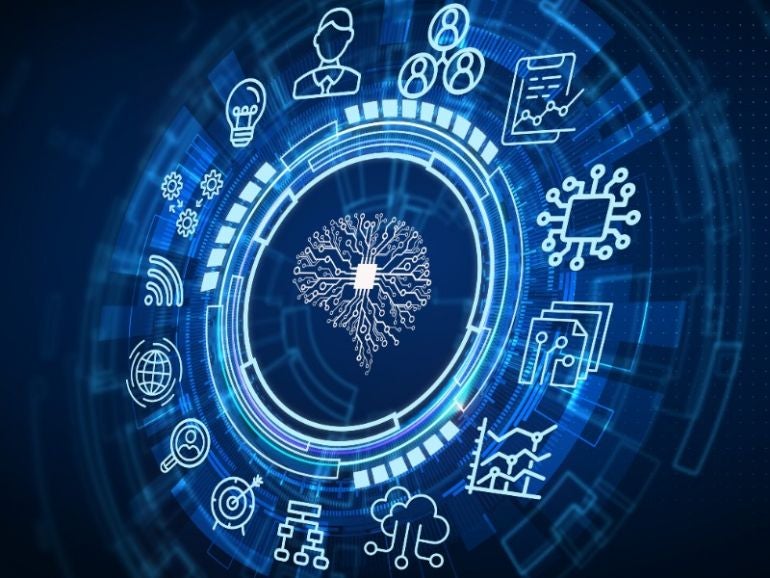The Future of Artificial Intelligence: Discuss the current advancements, potential applications, and ethical considerations of AI in various fields.
The Future of Artificial Intelligence: Discuss the current advancements, potential applications, and ethical considerations of AI in various fields.
The future of artificial intelligence (AI) is a fascinating and rapidly evolving topic. Today, let's delve into the current advancements, potential applications, and ethical considerations of AI in various fields.
1. Advancements in AI:
a. Deep Learning: Deep learning has revolutionized AI by enabling machines to learn from vast amounts of data. Neural networks and algorithms have become more complex, leading to breakthroughs in image recognition, natural language processing, and decision-making.
b. Reinforcement Learning: Reinforcement learning allows AI systems to learn by interacting with their environment and receiving feedback. This approach has led to impressive achievements in game-playing AI, robotics, and autonomous vehicles.
c. Generative Models: Generative models, such as Generative Adversarial Networks (GANs), can generate realistic and novel data, including images, text, and music. This technology has potential applications in creative industries, content generation, and simulations.
2. Potential Applications of AI:
a. Healthcare: AI can assist in medical diagnosis, drug discovery, personalized medicine, and patient monitoring. It can analyze medical images, predict disease outcomes, and improve healthcare delivery.
b. Transportation: AI enables the development of self-driving cars, optimizing traffic flow, and improving transportation efficiency and safety.
c. Finance: AI is used for fraud detection, algorithmic trading, risk assessment, and customer service in the financial sector.
d. Education: AI can enhance personalized learning experiences, provide intelligent tutoring systems, and support adaptive educational platforms.
e. Climate and Environment: AI is utilized for climate modeling, natural disaster prediction, and resource optimization to address environmental challenges.
3. Ethical Considerations of AI:
a. Bias and Fairness: AI systems can inherit biases present in the data they are trained on, leading to unfair outcomes and discrimination. Ensuring fairness and addressing biases in AI algorithms is crucial.
b. Privacy and Security: AI relies on vast amounts of data, raising concerns about privacy and data security. Safeguarding personal information and preventing misuse of AI technology are important considerations.
c. Employment Disruption: AI automation may lead to job displacement in certain industries. Preparing for the workforce transition and addressing socio-economic impacts are essential.
d. Accountability and Transparency: As AI becomes more autonomous, understanding and explaining the decision-making processes of AI systems become challenging. Ensuring accountability and transparency in AI algorithms is crucial.
In conclusion, the future of AI holds immense potential for transformative advancements across various fields. However, ethical considerations must accompany these developments to ensure fairness, privacy, accountability, and societal well-being as AI continues to evolve and shape our world.













Comments
Post a Comment